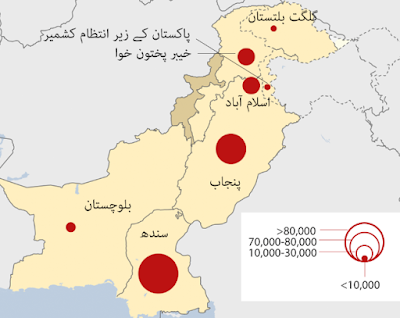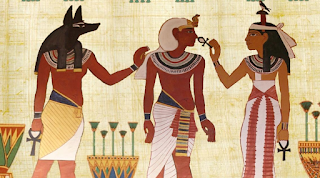Woman, the founder of Human Civilization
The role that women played in the evolution of human civilization was neglected after the establishment of patriarchy and human history became that of men, but now that history is being rewritten and that source of history must be used. Women's social and cultural activities and their role in shaping civilization are being brought to the fore.
In the early days of history, men hunted for food. Women were looking for fruits and herbs. In the process, they learned a great deal about herbs, which are edible, and which are necessary to treat diseases and wounds. This knowledge of women's herbs has been passed down from generation to generation and is still used today in villages, hamlets and towns.
Archaeologists have also pointed out that the discovery of agriculture was made by women. He dug the ground with wood and planted seeds in them which came out in the form of plants. When the agrarian society began, they used the same experience to grow crops in large fields. It was also the job of the women to secure the grain. The other important task of the women was to take care of the cattle. Washing milk and then making yogurt, butter and cheese from milk was also an invention of his brain.
The use of cheese was very popular in Mesopotamian culture and was offered to the goddess Anana in the temple.
After adopting a domestic life, it became mandatory for a woman to cook a variety of foods, including both meat and vegetables. Spices were also used to make them palatable, and feasts began to take place in homes, where family and friends would gather and share a meal. When we look at a woman's daily life, we rarely see moments of opportunity in it.
It was also her job to take time off from other work to make clothes and in this preparation to make cloth, making yarn from cotton and then making clothes with threads was a difficult task which later came to professional weavers.
Archaeological evidence suggests that women also helped men make everyday tools and pottery. Due to women, wedding ceremonies and festivals were colorful. On these occasions she sang and danced. Goddesses, especially in temples, enchanted the people who came to the temple with their religious songs, chants, hymns and dances to please the gods, and in many cases it was customary to call their daughters gods or goddesses. Dedicated to the service of The giants were called maids.
An important part of the development of civilization is that women have created a sense of beauty and sophistication in society. For example, by painting on the pots, he made them beautiful, and also arranged the houses neatly so that after hard work, one can find peace and comfort in the house.
Women also participated in the promotion of trade. When their husbands moved to distant lands for business, the women not only looked after the housekeeping and the care and education of the children, but also kept in touch with their husbands through correspondence and They also supplied commercial goods as needed.
There is also evidence that women specialized in certain crafts and increased their income by making necessities. When the institution of the state came into being, the ruling class established its rule through military force. Wars broke out to expand the borders of his empire and to gain booty.
Women were mentally against wars, because it affected their daily peaceful life, because their sons and husbands went to war and there was a faint hope of their return, because both victory and defeat In some cases, their family life was affected. The civilizational traditions they had formed were destroyed by war and bloodshed.
There are stories of love between man and woman in the stories of the ancient times, although these stories are written by men, but the role of woman in them is not static or silent but romantic. In them she challenges the traditions of the patriarchal society and presents her caste and personality as independent and sovereign. This suggests that if Madrasari traditions had been weakened in the society, they would have remained fresh and alive in the stories.
If we look at history beyond political ups and downs, lust for power and conspiracies and its social and cultural evolution, then the role of women will be more positive than that of men, because she created these traditions and Developed them which is still relevant in our daily life today. That is, delicious food, use of jewelry, beauty of colors, fashionable dress, song and dance and politeness in domestic matters.
All these are part of the cultural process of women and this aspect of women needs to be brought into history




Comments
Post a Comment